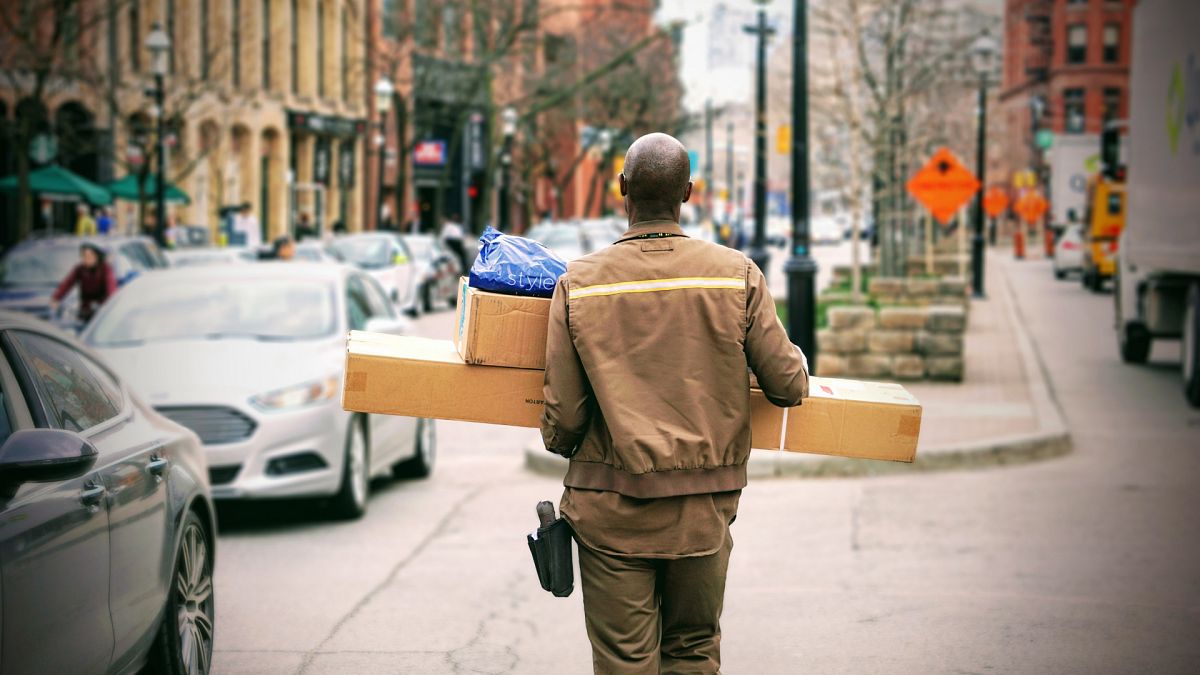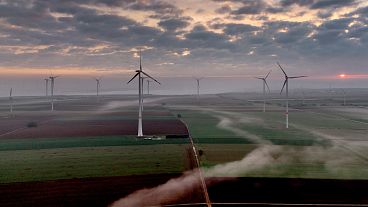December will see record breaking numbers of returns increasing the environmental impact of online shopping.
Every year 3.5 billion products are returned in the US alone generating tonnes of CO2 in the process.
This holiday season, UPS is predicting that over 1 million packages will be returned by unhappy buyers to e-commerce stores each day in December. Returns are expected to peak on January 2 with 1.9 million orders being sent back.
This is a 26% increase from last year which the delivery company says indicates how online shopping is changing the way that people consume over the Christmas period.
Read More | Why clothes swaps could be the antidote to fast fashion
Optoro, a platform used to optimize returns, estimates that nearly £250 million worth of merchandise is returned each year in the US alone with over 2 billion kilograms of this ending up in landfill. This leads to 13 tonnes of CO2 being released into the environment as part of the returns process. On top of this, a vast majority of brands rely on single use "polybags" to keep deliveries clean whilst in transit which are not frequently recycled as they are so cheap to make.
The University of Gothenburg found that, in terms of online clothes shopping, e-commerce had changed our behaviour. Instead of buying one item and returning it if it wasn’t right, customers are more likely to order lots of sizes and colours to find the perfect fit.
Sharon Cullinane, professor of sustainable logistics at the university, said in a press release “customers need to understand how much returns affect the environment and behave more responsibly.” She went on to say that a lack of transparency as e-commerce companies uphold a “conspiracy of silence” means that customers don’t fully understand the potential environmental impact of returning items.
Free returns have become the expected norm as almost 80% of people in the US and UK check returns policies before they place an order and 3 in 5 have returned an online order within the past 12 months according to the Global Web Index.
As many companies don't have the time or technology to sort damaged goods from those that were simply unwanted, many of the items you return could end up being thrown away. Optoro estimates that just 50% of returns end up back in stock to be sold again with discount sites, sales, or even landfill becoming the destination for the rest of these otherwise perfect goods.



